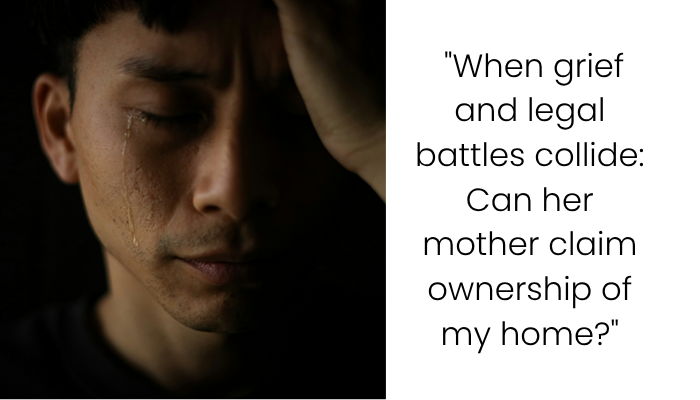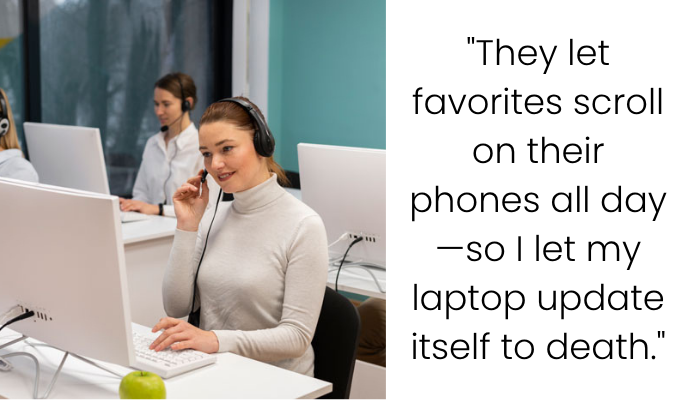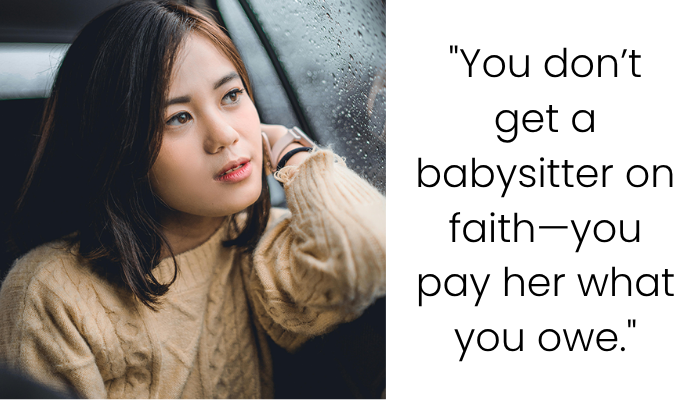A Sibling or a Substitute Parent? Why I Refused to Be the Live-In Babysitter
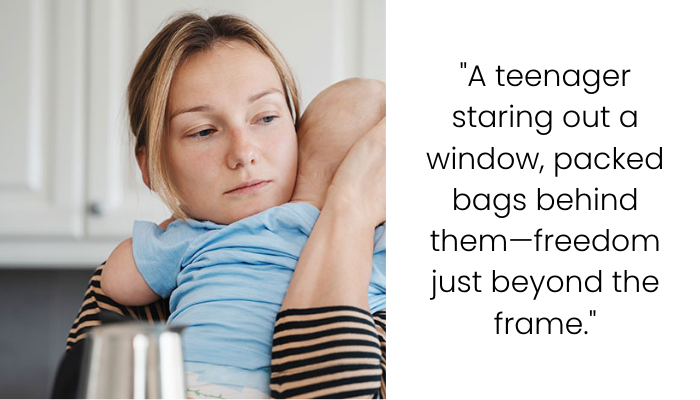
For 15 years, you lived life as an only child—until a pandemic surprise arrived in the form of a baby sibling. Initially, you accepted that you’d have to help a little. But when that “help” morphed into being a de facto third parent—balancing diapers, schoolwork, and sacrificing your social life under the guise of protecting the baby—it became clear something had to give. The final straw? Your parents’ expectation that you’d remain close to home for college, implicitly to continue your role as caregiver.
Advertisement – Continue Reading Below
The confrontation was emotional. You laid out your intentions clearly: to escape what had become a suffocating dynamic and focus on your own future. Your honesty, however, triggered tears, shouting, and guilt. But were you wrong for drawing that line?
Some people prefer not to have siblings, having been only children their entire lives
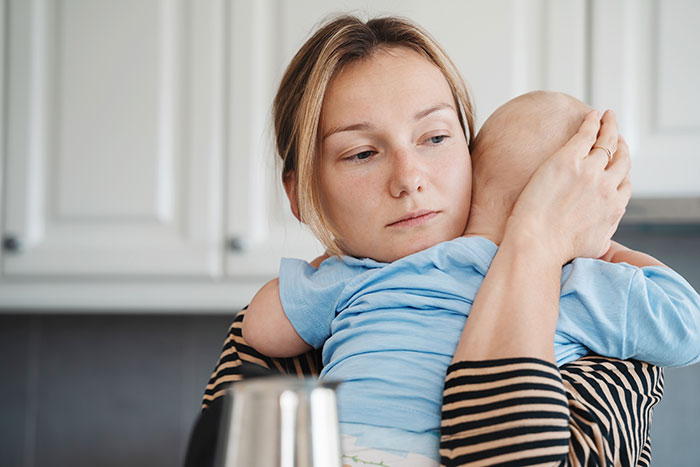
This teenager began struggling upon the birth of their baby sister









🎓 The Parentification Problem: More Common Than You Think
What you’ve described aligns closely with a phenomenon known as “parentification.” This is when a child or teen is forced to adopt adult responsibilities, often including caregiving for younger siblings, far beyond what is developmentally appropriate (Mika et al., 2020). While some level of family contribution is healthy, when expectations escalate into what amounts to unpaid labor or emotional burden, it crosses a line.
Advertisement – Continue Reading Below
In families where a new child arrives unexpectedly late in the older child’s life—particularly during crisis events like a pandemic—the risk of involuntary role shifts is high. In your case, your parents’ lack of adequate childcare planning led to an implicit outsourcing of responsibility onto you.
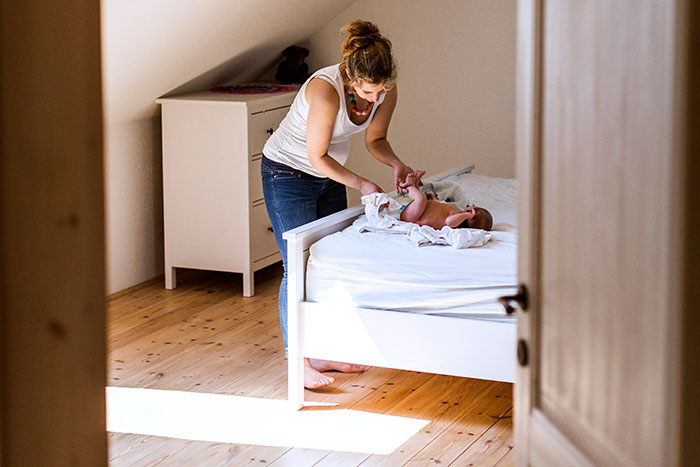
🧠 Emotional Toll of Forced Caregiving
Studies show that children who experience parentification can suffer from long-term psychological impacts, including anxiety, depression, identity confusion, and emotional burnout (Hooper, 2007). This is especially damaging when the caregiving child is not validated or supported—when instead they are guilt-tripped or emotionally manipulated, as seen in your parents’ reaction.
By restricting your social interactions under the guise of protecting your sister while not acknowledging your sacrifices, your family blurred boundaries between reasonable assistance and coercion. Your experience wasn’t helping—it was substituting.
Advertisement – Continue Reading Below
🚪 The Escape Plan: Seeking Autonomy Through College
One of the healthiest steps someone in a parentified role can take is to reclaim agency. That’s exactly what your plan to pursue out-of-state scholarships represents. College becomes not just an academic pursuit but a lifeline—a structured path to emotional and physical independence.
Your intent to pursue education far away isn’t a rejection of your family, but of a system where your needs are routinely deprioritized. Numerous psychologists support such decisions as acts of self-preservation, not selfishness (APA Monitor, 2022).
😢 The Guilt Response—And Why It’s Misplaced
When your mom cried and your dad yelled, it wasn’t really about college. It was about control and unmet expectations. Parents in similar situations often subconsciously rely on older siblings to fill in logistical gaps, and when that support threatens to disappear, the reaction is rarely logical—it’s emotional disarray.
Advertisement – Continue Reading Below
But it’s important to note: your sister is their child, not yours. The parental burden they experience is not yours to fix. You expressed this clearly when you said, “You’re the parents, so figure it out.” Harsh? Maybe. Necessary? Absolutely.
🧩 Why Boundaries Matter
You’re at a crucial developmental stage: transitioning from adolescence into adulthood. This is when autonomy, identity formation, and future planning take center stage. Being saddled with domestic responsibilities meant for legal guardians inhibits your ability to navigate these transitions successfully (Erikson’s Psychosocial Stages).
Establishing firm boundaries, especially with family, is often seen as rebellion—but in situations like yours, it’s survival. If you don’t push back now, it’s likely this caretaking role will follow you long after college begins—impacting your mental health and career trajectory.
Advertisement – Continue Reading Below
💬 When Is Helping Okay—and When Isn’t It?
Contributing to family life isn’t inherently harmful. Many teens watch younger siblings, help with meals, or step in during emergencies. What crosses the line is when:
- The help is constant (no end in sight)
- The expectation is framed as obligation rather than choice
- There’s no reciprocal support or validation
- It impedes your own development (academic, social, or emotional)
In your story, all four apply. That’s why your reaction isn’t overblown—it’s appropriate.

🎯 Scholarships as Leverage: Smart and Strategic
Focusing on out-of-state scholarships doesn’t just represent freedom—it’s also a practical solution to a fraught home environment. According to NCES data, over 30% of students attend college out of state, and those who secure scholarships often find themselves better equipped emotionally to navigate adulthood independently.
Advertisement – Continue Reading Below
Your pursuit of scholarships isn’t escapism; it’s long-term thinking. You’re not leaving because you don’t care—you’re leaving because you do care, about your future.
🌟 A Closing Thought: You’re Not the Babysitter
At the end of the day, you didn’t ask to be a third parent. You didn’t sign up to change diapers while juggling school. You aren’t the bad guy for wanting out of a role you never agreed to play. You’re simply drawing the line between sibling and surrogate, and that’s more than fair.
Takeaways
- NTA. You were coerced into excessive responsibilities without support.
- Your plans for college reflect self-care and a healthy assertion of independence.
- Boundaries are critical—and often uncomfortable to enforce within families.
- You’re not the parent. And it’s okay to act accordingly.
A few people sided with the author







